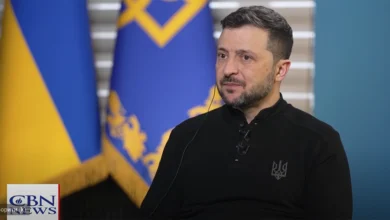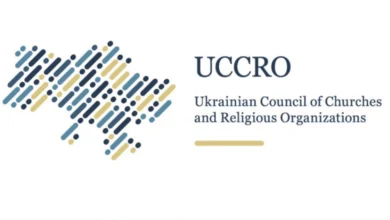Volunteers under fire: drone attacks humanitarian convoy in Kherson region

On February 12, a Russian drone attacked volunteers distributing humanitarian aid to local residents in the village of Vesele, Novokakhovka community, Kherson region. As a result of the attack, the driver was injured, the food kits were damaged, and later, during a repeated shelling, the vehicle transporting the cargo was destroyed.
Source: adventist.ua
How the events unfolded
On that day, a group of volunteers from the Novokakhovka community went to the Beryslav community to pick up humanitarian aid from the UN World Food Program and the charitable organization ADRA Ukraine. Due to the limited capacity of the transport, the humanitarian cargo was transported in parts.
🔹 At about 14:30, volunteers left the Beryslav community with the first batch of aid – 31 boxes of food sets.
🔹 Arriving in the village of Vesele, they began distributing the aid to local residents.
At that moment, an enemy drone appeared in the sky and dropped a munition.
Consequences of the attack
- The driver of the humanitarian transport sustained a concussion and shrapnel wound to his shoulder.
- Six boxes of food were damaged by the blast wave.
- After the attack, the vehicle was driven to a garage, but at night it was shelled again, resulting in the vehicle being completely destroyed.
- The injured driver is receiving medical treatment.
Danger for residents
The villages of Vesele and Kozatske, which are part of the Novokakhovka community, remain a zone of increased danger. There are 158 people living there who regularly need humanitarian assistance. This region is located near the destroyed Kakhovka hydroelectric power plant and the front line, making it a constant target for shelling.
This attack is yet another Russian war crime aimed at civilians and volunteers trying to help people in frontline areas.
ADRA Ukraine is a part of the global network of the Adventist Agency for Relief and Development (ADRA), which operates in 117 countries. ADRA International was founded in 1956 as a division of the Seventh-day Adventist Church (SDA) and has consultative status with the United Nations Economic and Social Council.







